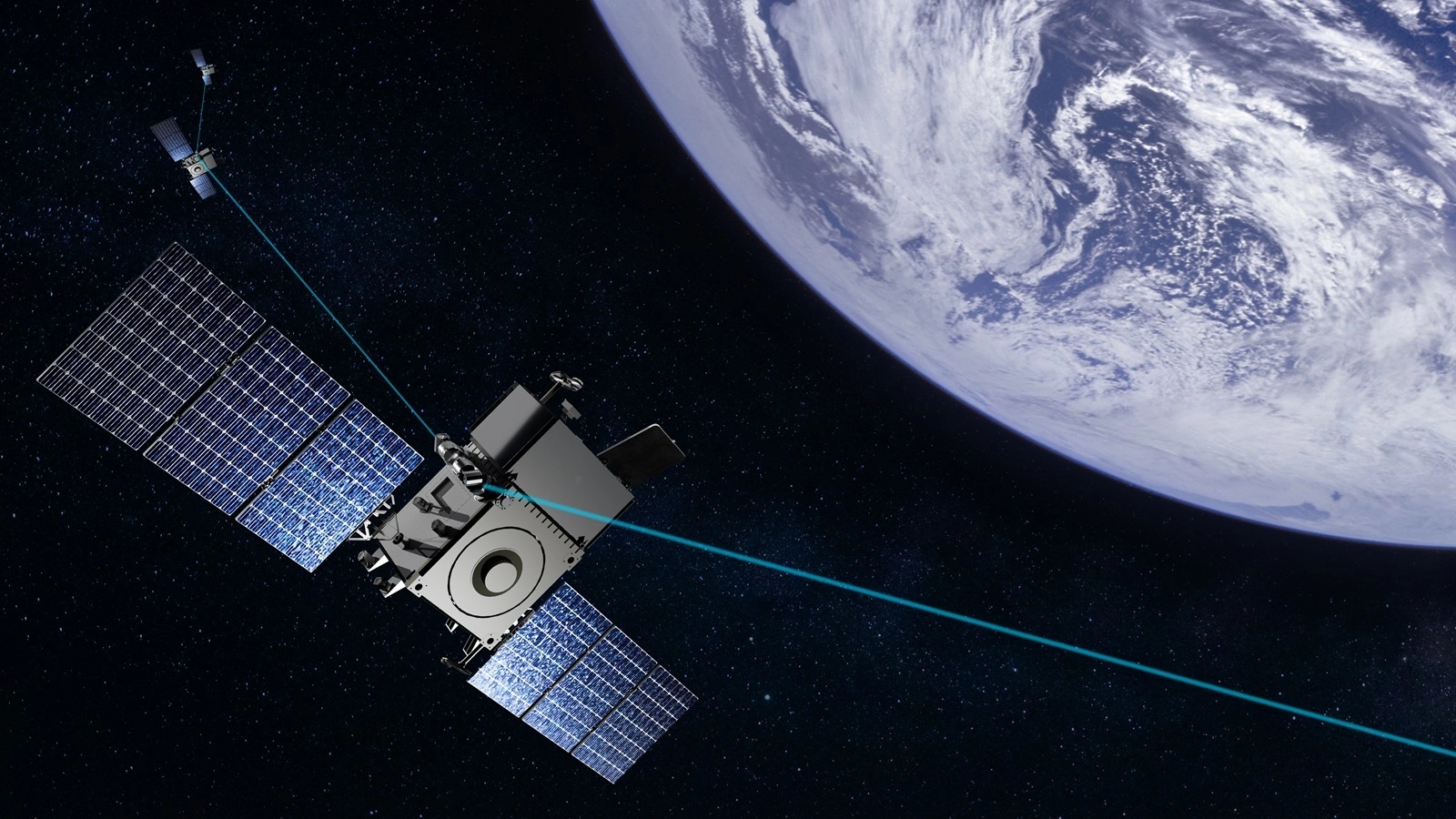Reaction Engines gets £60m state funding for its Sabre rocket engine
This could ultimately power an aircraft from the UK to Australia in just four-and-a-half hours.
Alan Bond, the founder of Reaction Engines Limited, based in Culham, Oxfordshire confirmed at the UK Space Conference in Glasgow on Tuesday that it is to receive the funding for the engine, which could one day power its futuristic 3,500mph 'Skylon' aircraft.
The investment in 'Sabre' - the Synergistic Air-Breathing Rocket Engine - follows 100 successful test runs at the company’s base near Oxford and a study by the European Space Agency to validate the design.
When complete the Skylon space plane could also cut the cost of satellite launches by more than 95%, bringing the cost of space travel down to that of aircraft flights.
The Sabre design overcomes the problems encountered by conventional engines, which cannot "breathe" air when travelling at more than 3,200km/h. Sabre switches in flight to become a rocket engine that could boost the Skylon spaceplane to faster than Mach five - more than five times the speed of sound.
Reaction Engine’s Sabre design is unique in that it slows down the air entering the engine at hypersonic speeds using a series of pipes filled with liquid helium. This cools the air, which would normally heat up to around 1,000C.
The Sabre design cools it down from 1000C to -140C in just a fraction of a second, before it enters the engine.
UK Chancellor of the Exchequer, George Osborne, singled out the Sabre project for funding in the Government’s recent 2013 spending review. But the official announcement was held back until the two-day space conference, currently taking place in Glasgow.
At a presentation, UK science and universities minister David Willetts said that Alan Bond was a modern-day Frank Whittle, the inventor of the jet engine.
"But unlike the jet engine, the designs of which were sold to the USA, the UK is going to keep hold of and nurture this technological breakthrough," said Willetts.
Development work on the engine will now commence with a view to getting a working prototype ready by about 2018/19. In total, around £200 million is needed for the next phase of development and Reaction Engines is talking to potential backers.
The new heat exchanger cooling technology may also have other uses beyond aerospace engines.













